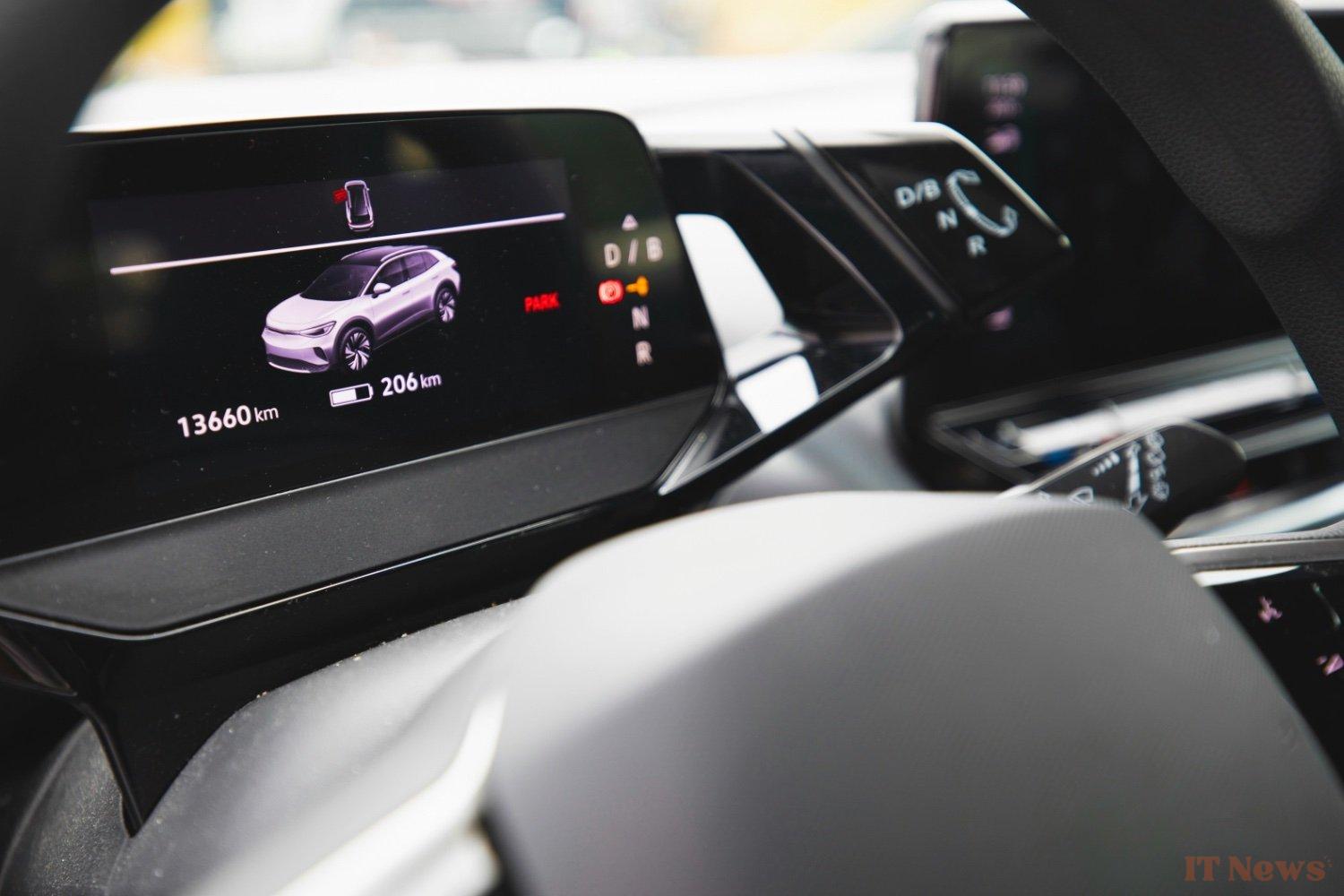From July 2026, batteries sold in China will have to meet a clear rule: if they overheat, they must neither explode nor catch fire. This is what the new GB 38031-2025 standard stipulates, published at the end of March, and CATL can already tick all the boxes. The Chinese battery giant has just obtained certification before anyone else.
Batteries that don't catch fire, even in the event of a problem
This is a major blow for the company, as this standard directly targets one of the major risks of electric vehicles: thermal runaway. In short, a battery can overheat, and if the heat doesn't spread properly, it can go up in smoke—literally. From now on, not only must the battery remain intact, but the smoke must also not endanger passengers.
To prove its compliance, CATL put its Qilin battery, a model launched in 2022, to the test. It's no stranger: it's the third generation of so-called "cell-to-pack" technology, without intermediate modules, for better efficiency (72% volume used) and impressive energy density (up to 255 Wh/kg). The company also promises a structure that absorbs heat better and is shock-resistant.
The tests were conducted by CATARC, one of China's leading automotive certification bodies. They didn't just look at the technical specifications: the battery had to withstand impacts from below, go through 300 fast-charging cycles, and endure a short circuit... all without going off in flames.
Result: green light for CATL. And that's good news for the millions of cars that already run on its batteries. By February 2025, more than 18 million vehicles worldwide were using its products. The Qilin already powers brands like Xiaomi, Zeekr, Lotus, and Li Auto.
And it's not just a Chinese affair. As safety standards tighten internationally, manufacturers will have to adapt. By positioning itself at the forefront now, CATL hopes to become a key supplier, including in Europe and the United States, where safety is a key selling point.
CATL doesn't intend to stop there. The company wants to continue working on safety, particularly to better dissipate heat and avoid unpleasant surprises in the event of an impact or very rapid recharging. Because if the batteries are more robust, it reassures customers... and it prevents everything from going up in smoke.



0 Comments